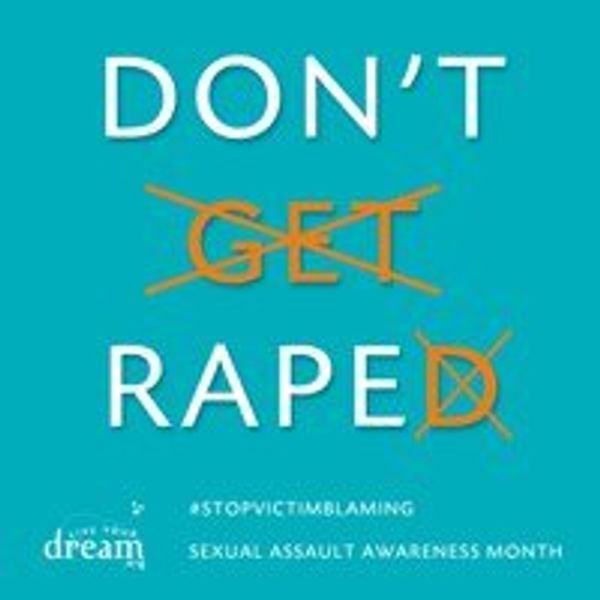One day while I was on campus at UIC, I was walking to the UPS store across the street to return a book I had rented. While crossing the bridge on Peoria Street, a man in a truck had called something out to me. I thought he wanted to tell me I had dropped something as I took my hand out of my pocket, so I paused my music and asked him to repeat his statement. He said, “You look very pretty and have a mighty fine body.” I distinctly remember my outfit: black sweatpants that were too long, my blue flats, and my long gray winter coat with my pink scarf. My hair had been up in a high ponytail and I was wearing sunglasses to avoid my eyes from watering from the wind.
How did this outfit exploit enough to deem myself as beautiful? What did this who had made the remark expect to get out of this?
Women are constantly exploited and sexualized in society and their bodies and consequently objectified. From advertisement to the daily expectations of women, most women are treated poorly and subservient. It’s how they, we, sell. Some argue that street harassment is actually a form of flattery, however, its consequences prove otherwise. Women not only feel uncomfortable, but they also become vulnerable and powerless in their community. It feeds into the rape culture and leaves multiple negative effects on the victims of street harassment. When women are street harassed in society, they tend to internalize the comments directed toward them and begin to shame their appearances and/or change their appearances to fit the standards of society. The treatment of women as objects causes them to not be treated equally and they are often looked down upon by others. There is often an emphasis placed on their body parts and they are sometimes seen as unintelligent individuals.
Sexual objectification of women not only degrades their value, but also causes women to become self-conscious and self-objectify. Often when people sneer remarks at a women, just as the man on the truck had done to me, you don’t talk back. In the case you do talk back, you often get the classic response, “bitch.” I’m sure we’ve seen the videos of the woman following a man who was filming her, or the woman who placed a camera on a backpack and filmed her walking through NYC. In one of the videos, the woman is confronting the man and he says that “it is within his rights to film what he wants.” In the other video, the woman who was walking through the city did not talk back to those who were harassing her. As of result of cat-calling occurring often in society, it’s becoming a routine in the daily lives of women. Without laws protecting women, street harassment will continue and may increase in severity and frequency.
In an effort to reduce the number of occurrences of street harassment or cat-calling, an movement has been created called Hollaback! in which women all over the nation are sharing their stories of street harassment. This website has also created an app in which women or men can report the area in which they were street harassed and tell their story. This way, one can look at a map to see which areas have more street harassment cases than others. The website’s motive is to spark a discussion among others and work with everyone to collectively end harassment. More efforts need to be made in order to protect women, especially in America from street harassment because of its high frequency. Through these efforts, people may find the courage to share their own experiences and fight together to end public harassment of women.
The objectification of women in our society leads to many cases of public street harassment. On Thursday, April 28, 2016, I was walking to go renew my passport in the city. I was walking down Harrison St. and a male had been walking not too far behind me. I was wearing my gray quarter-zip sweater, my brown tall boots, and leggings. I had my headphones on, and I was waiting for the walk signal to turn on at a traffic light. However, as I was waiting for the light to change, the man had stood right next to me and was, I noticed, standing extremely close to me, especially considering there was no one else there. I was afraid that I was about to be robbed because from my peripheral I saw him staring at me.
However, as the light changed and we were able to cross the street, he grabbed my hand and asked where I was going. “Where are you going, baby?” I tried wringing my hand from him and replied, “I have to meet someone.” Gratefully, someone had stopped their car and asked if something was wrong before he released my hand and walked the opposite direction from me. Scared, I didn’t tell anyone about this encounter. What if the car hadn’t stopped? Would I be here writing my story and fighting for the awareness of cat-calling or street harassment?
This is why I wrote this article. This is why I fight. This is why we should fight.
Women should be able to walk in public without fear of being grabbed, raped or jeered at. Women deserve to be respected in society and be able to walk in public with confidence.





















